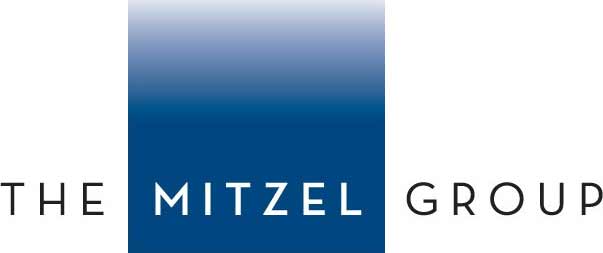California Supreme Court Clarifies Employers’ Duties Involving Rest Breaks And Meal Periods.
The California Supreme Court clarified multiple aspects of the rest break and meal period laws yesterday in its long-anticipated Brinker v. Superior Court decision. The Court addressed whether employers need to ensure that meal periods are taken and what the timing of meal periods and rest breaks must be. Bottom line: Employers must still create a policy and culture by which employees are able to take the required breaks and employers must still have a recordkeeping system to track breaks.
However, the “Big Brother” requirement is gone. For example, if an employee only takes twenty minutes of their meal period and clocks back in, the employer is not required to force the employee to take the additional ten minutes to complete the thirty minute meal period requirement as they would have been required to do in the past.
To ensure compliance, employers must set forth a clear meal period and rest break policy, create a culture where breaks are allowed and encouraged, and keep the proper records per the law.
Meal Periods
One of the key issues the Court sought to answer was whether employers only need to provide meal periods to non-exempt (hourly) employees or if they are obligated to ensure that meal periods are taken. Labor Code Section 512 states that employers must “provide” employees with meal periods and the Court held that this requires the employer to do just that, therefore rejecting the argument that the law mandates the higher duty of “ensuring” that employees take their meal periods.
To provide a meal period means that the employer relieves the employee of all duties, relinquishes control over the employee’s activities, and permits them a reasonable opportunity to take an uninterrupted meal period. An employer is in compliance then if they relieve an employee of all duties for 30 minutes during a shift of more than 5 hours and another 30 minutes if the employee is working more than 10 hours. Once the meal period is provided, the employer is not obligated to police the meal period and does not have to make sure the employee does not work during that time.
The Court further held that state law does not require any particular timing of a meal period. This means that the meal period must be provided before the end of the fifth hour of work and similarly, the employer must provide the second meal period no later than the end of the tenth hour of work.
Rest Breaks
The Court further clarified how much of a rest break non-exempt employees are entitled to. Wage Order No. 5 authorizes a 10-minute rest break for every 4 hours, or major fraction thereof, worked by the employee. The Court made it clear that employees are therefore entitled to a 10-minute break when a shift is between 3 ½ to 6 hours long, a 20-minute break for a shift more than 6 hours, and a 30-minute break for a shift between 10 and 14 hours long.
Rest breaks should be timed to fall in the middle of the employee’s work period, so long as this is feasible. Employers have a duty then to make a good faith effort that the rest break is timed this way, but it is permissible to deviate from this timing when practical considerations make it unachievable.
How this affects your business?
The Court’s decision provides guidance to employers on how to comply with state laws on rest breaks and meal periods. Employers should (1) create a rest break and meal period policy if one does not already exist; and (2) if an employer has a policy, evaluate whether the rest break and meal period policies comply with the Brinker ruling. Policies should notify employees of their right to rest breaks and meal periods, of when those breaks can be taken, and what procedures to follow if an employee is denied their right to rest breaks and/or meal periods. Then, ensure all supervisors are trained to allow employees the proper meal and rest breaks and that a culture exists where these breaks are encouraged and allowed. Further, employers must continue to abide by the record keeping requirements set forth by the Labor Code and DLSE regulations.
Please contact us for further information about rest break and meal period policies at info@mitzelgroup.com.

